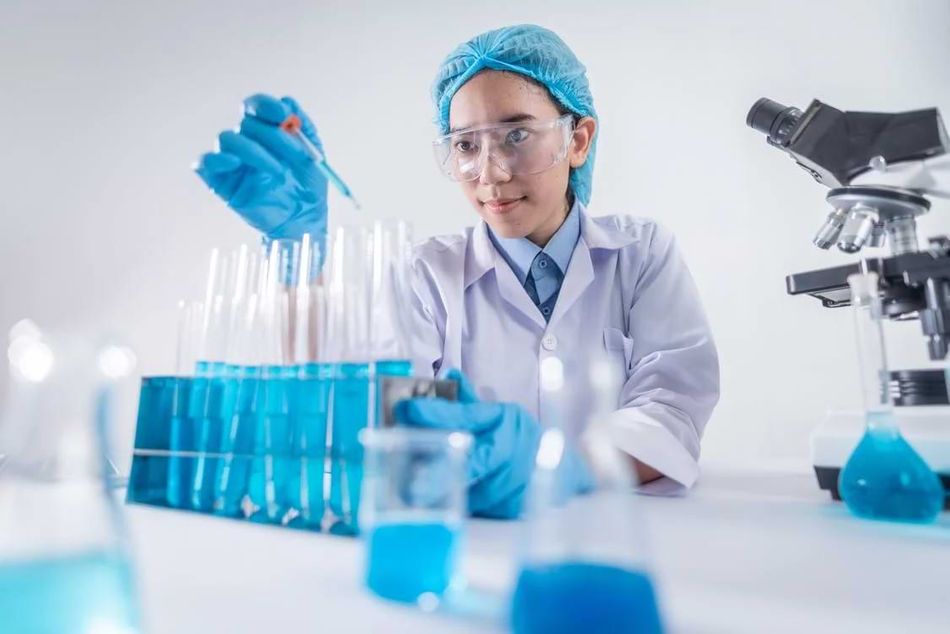How Medical Labs Are Vital to Public Health

The healthcare system is rapidly changing and new technologies are at the forefront of these changes. As a result, medical laboratories are playing an increasingly important role in patients’ overall health and well-being. Therefore, it’s imperative that people understand exactly how medical labs work and what they do to help society.
Testing and Diagnosing Conditions
A medical laboratory can test and diagnose a wide variety of conditions through blood and urine samples, biopsies, X-rays, MRIs, CT scans, and so on. These tests are used to identify signs of diseases, infections, and other health conditions. It’s important to note that some tests are more accurate than others. Blood tests, for example, are more accurate than urine tests, since they’re taken directly from the source. That said, less accurate testing methods are constantly being improved upon.
Identifying Underlying Issues
Some labs specialize in certain bodily functions such as digestive, endocrine, and reproductive systems. These labs provide comprehensive testing to pinpoint the underlying causes of a person’s symptoms and dysfunction. Laboratory tests can reveal a lot of information about the body, such as vitamin and mineral deficiencies, hormone imbalances, and infections. This information can then be used to create an efficient treatment plan.
Identifying Genetic Conditions and Risks
Another key function of medical labs is providing DNA testing to identify genetic conditions and risks. Genomic sequencing is a rapidly growing field and is used to sequence an individual’s entire genome. Lab professionals will usually collect DNA from a blood or saliva sample. They then process the sample through a genome sequencing machine and analyze the data to identify risks and potential conditions. This information can be used to identify preventive measures early on.
Stopping the Spread of Pathogens
Medical laboratories also help protect public health by studying how diseases spread and how to stop them. For example, researchers may study how certain bacteria trigger disease and how to treat infected patients. Lab technicians may also develop tools, such as vaccines, to prevent diseases from spreading. On top of this, laboratory scientists study the ecology of pathogens and the environments that support their growth. This information can help scientists develop new ways to mitigate infectious diseases.
Medical laboratories have come a long way since their early days when doctors used beakers and test tubes. Today, laboratory scientists use high-tech machines, robots, and computers to help advance their work. Though future technological advances are hard to predict, one thing is certain: Medical laboratories will continue to play a vital role in keeping people healthy.



































